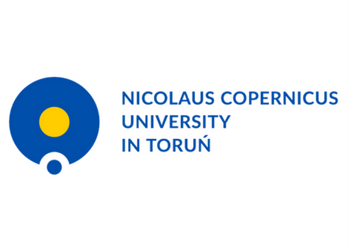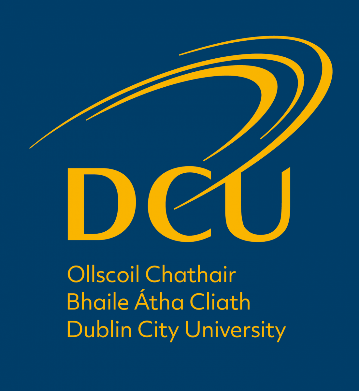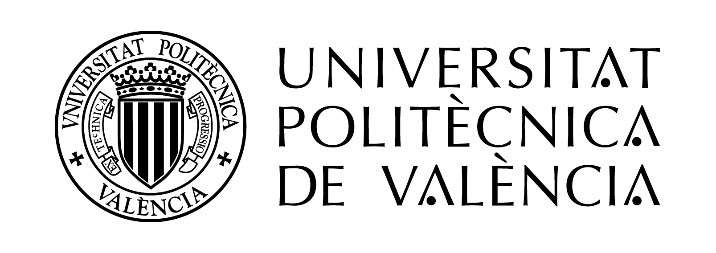
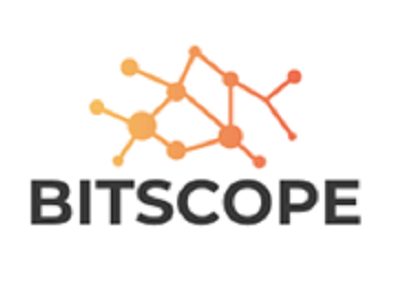
Agency
IRC - Irish Research Council (Ireland)
NCN - National Science Centre (Poland)
AEI - State Research Agency (Spain)
Lab
Years
Grant Number
Partners
Universitat Politècnica de València – Spain
Centre de Recherche Inria Bordeaux - Sud-Ouest – France
Nicolaus Copernicus University - Poland
Description
This project presents a vision for brain computer interfaces (BCI) which can enhance social relationships in the context of sharing virtual experiences. In particular we propose BITSCOPE, that is, Brain-Integrated Tagging for Socially Curated Online Personalised Experiences. We envisage a future in which attention, memorability and curiosity elicited in virtual worlds will be measured without the requirement of “likes” and other explicit forms of feedback. Instead, users of our improved BCI technology can explore online experiences leaving behind an invisible trail of neural data-derived signatures of interest. This data, passively collected without interrupting the user, and refined in quality through machine learning, can be used by standard social sharing algorithms such as recommender systems to create better experiences. Technically the work concerns the development of a passive hybrid BCI (phBCI). It is hybrid because it augments electroencephalography with eye tracking data, galvanic skin response, heart rate and movement in order to better estimate the mental state of the user. It is passive because it operates covertly without distracting the user from their immersion in their online experience and uses this information to adapt the application. It represents a significant improvement in BCI due to the emphasis on improved denoising facilitating operation in home environments and the development of robust classifiers capable of taking inter- and intra-subject variations into account. We leverage our preliminary work in the use of deep learning and geometrical approaches to achieve this improvement in signal quality. The user state classification problem is ambitiously advanced to include recognition of attention, curiosity, and memorability which we will address through advanced machine learning, Riemannian approaches and the collection of large representative datasets in co-designed user centred experiments.
